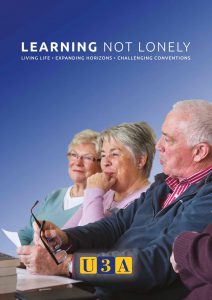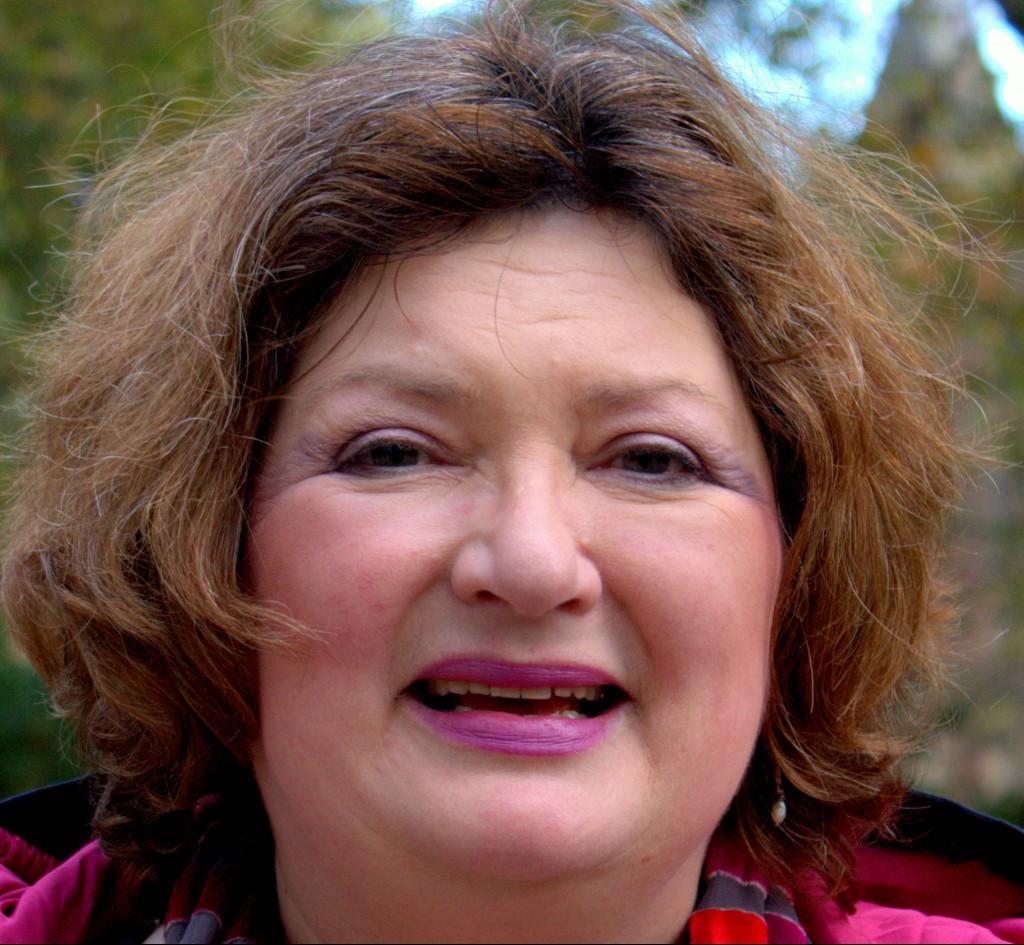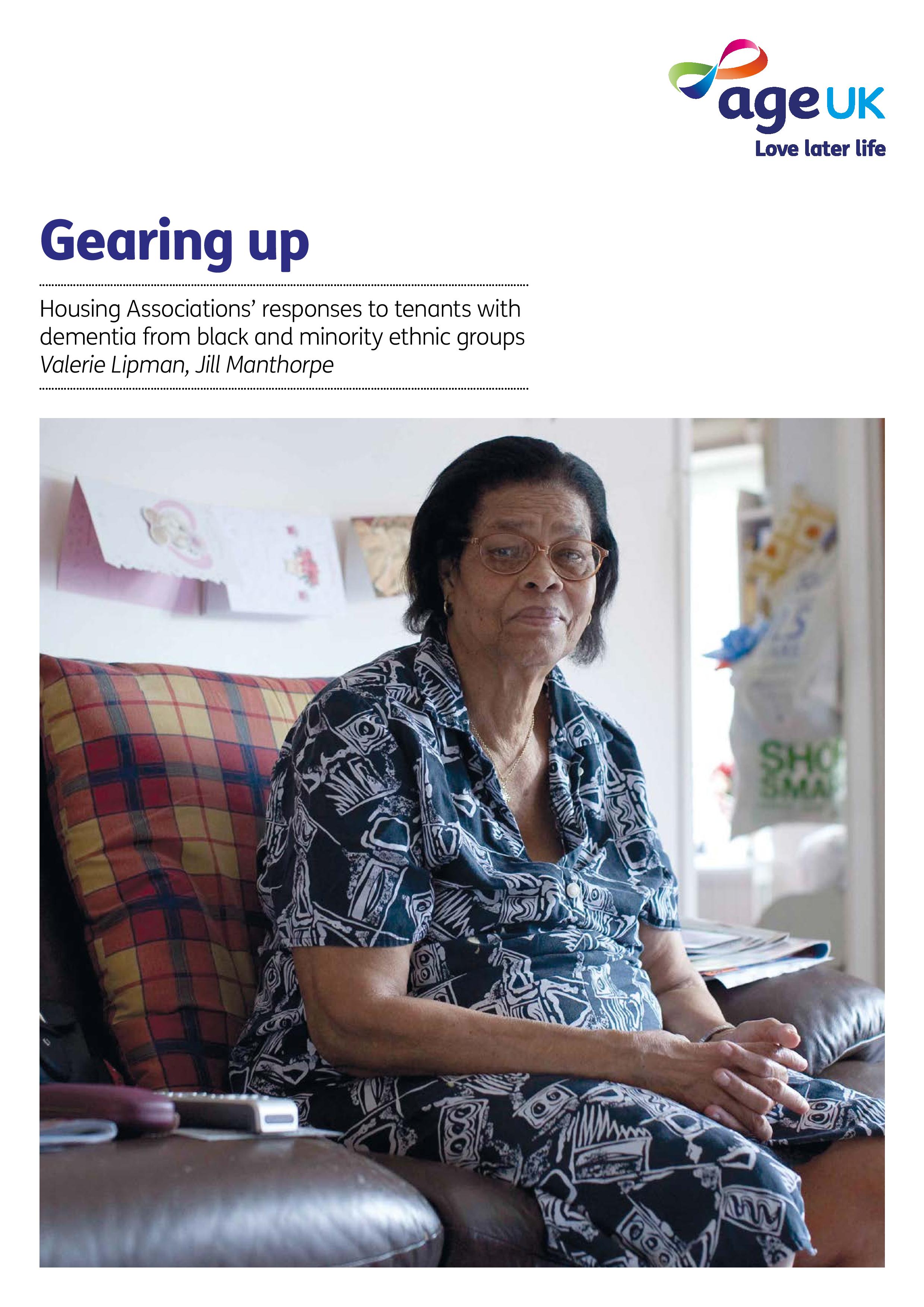 John Woolham is Senior Research Fellow at the Social Care Workforce Research Unit. (560 words)
John Woolham is Senior Research Fellow at the Social Care Workforce Research Unit. (560 words)
The latest seminar in the current Perspectives series focused on research with older people took place on Monday 9 July. Kritika Samsi from SCWRU and Tushna Vandrevala from Kingston University presented findings from their research into how home care workers support people with dementia towards the end of their life. Their study investigated the experiences of home care workers working with people with dementia who were living in their own homes, the challenges they face, how these are managed and their views of the contribution of their work. Their presentation was based on semi-structured interviews with 30 care workers and 13 managers from 10 home care agencies in London and the south east of England. It was funded by Dunhill Medical Trust. Continue reading

 Jo Moriarty
Jo Moriarty



